Two years ago I reported on Atlassian’s initiative to to raise funds for the benefit of Room to Read, an organization that builds schools, libraries in rural communities in Nepal, Cambodia, Vietnam, Bangladesh, Laos, Zambia …etc. Giving away $1,200 worth of software licences for $5 in a 5-day drive, they first planned to raise $25K, then increased the target to $100,000.
@Krishnan and I thought we should put our money where our mouth (pen? keyboard?) is, and both purchased a bunch of licences just to help push Atlassian towards the finish line. The last minutes were dramatic:
(Cross-posted @ CloudAve » Zoli Erdos)



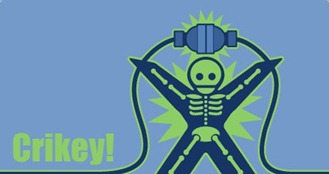
 Quick update on the
Quick update on the 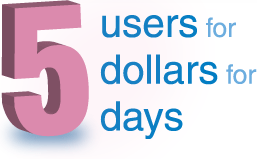
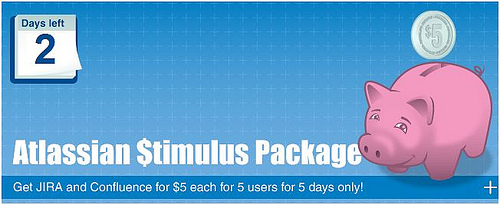
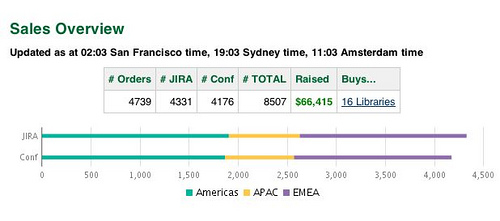
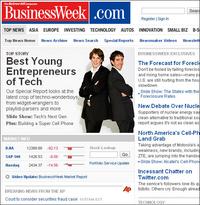




Recent Comments